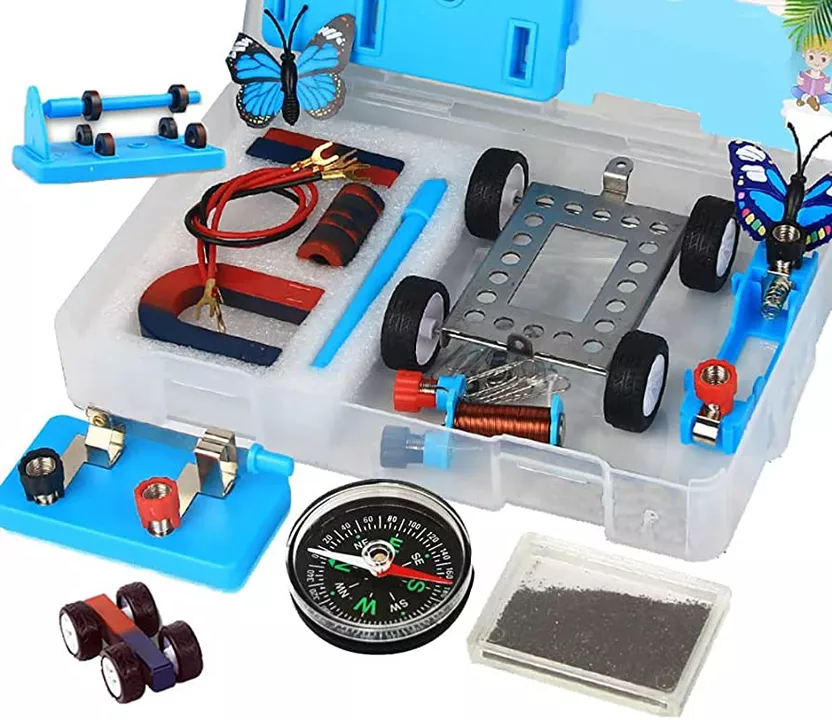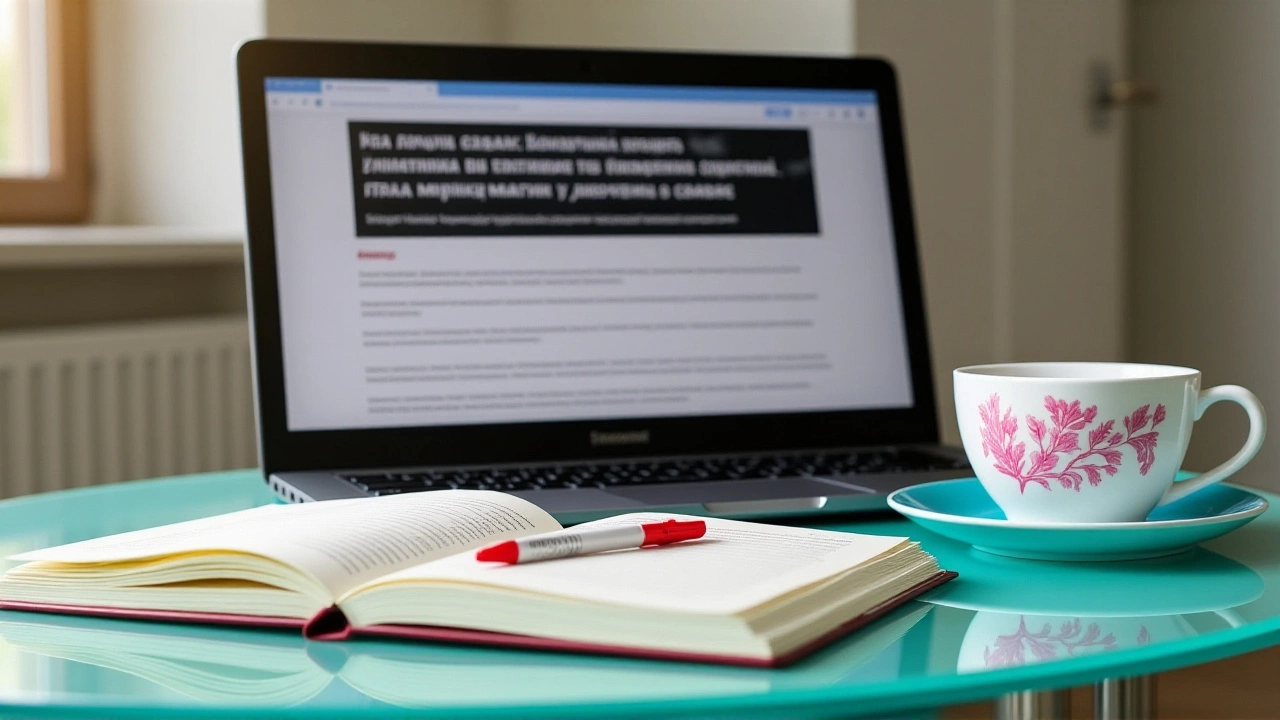Exploring the Best Resources for a Self-Taught Physics Education
A thorough physics education is a goal of many students. But not everyone can attend a university and take courses in the subject. Fortunately, there are many ways to teach yourself physics, even without access to a college or university. Here, we explore the best resources for a self-taught physics education.
Books
Books are one of the most important resources for self-taught physics students. Not only do they provide a wealth of information, but they also give readers a chance to explore the material in-depth. Plus, many books are also written by respected physicists and can provide valuable insight into the subject. The best books for a self-taught physics education are those that cover the basics of the subject, as well as those that cover more advanced topics.
Online Courses
Online courses are another great way to teach yourself physics. There are a variety of courses available, from basic introductory courses to more advanced topics. Plus, many of these courses are available for free or at a low cost. This makes them an ideal way to get a thorough education in the subject without having to pay a lot of money.
Tutoring and Mentoring
Tutoring and mentoring are also great resources for self-taught physics students. With a tutor or mentor, you can ask questions and get personalized advice on how to best learn the material. Plus, many tutors and mentors are also experts in the field and can provide valuable insight into the subject. This can be especially helpful for those looking to gain a deeper understanding of the material.
Online Communities and Forums
Online communities and forums are also great resources for self-taught physics students. Here, you can connect with other students who are also learning the material and get help with any questions or issues you may have. Plus, many of these communities and forums have experts who can provide valuable advice and insight into the subject.
YouTube Videos
YouTube videos are another great resource for self-taught physics students. Here, you can find a variety of videos covering a range of topics related to physics. Plus, many of these videos are free and can provide a great way to learn the material in an entertaining and informative way.
How to Find Quality Online Courses for a Self-Taught Physics Education
Are you interested in learning physics on your own, but not sure where to start? The internet is filled with resources that can help you get a quality education in physics. Here are some tips on finding quality online courses to help you out.
Research Reputable Sources
When starting your self-taught physics education, it’s important to research the sources you’re learning from. Start by looking for accredited universities and colleges that offer online courses in physics. Many universities have open courseware programs that you can use to gain an understanding of the subject. You can also search for online physics tutorials from trusted sources like Khan Academy or PhysicsClassroom.com.
Pay Attention To Reviews
If you’re looking for a more comprehensive online course, read reviews from other students. This can help you get an idea of the quality of the course and whether it’s a good fit for your needs. Look for courses that have good ratings and positive feedback from other students.
Look For Professional Accreditation
When researching online courses, look for ones that have professional accreditation. This is important because it ensures that the course you’re taking meets the standards set by professional organizations. Accredited courses also come with certifications that can help you advance your career.
Find A Good Tutor
A great way to supplement your self-taught education is to find a good tutor. Look for a qualified tutor who can help you understand the material and answer any questions you have. This can be a great way to get personalized help and feedback on your progress.
Ask Questions
Finally, don’t be afraid to ask questions. If you’re having trouble understanding a concept or if you’re not sure about something, reach out to the instructor or tutor and ask for help. This can help you get the most out of your course and ensure that you’re getting a thorough education in physics.
Strategies for Self-Studying Physics and Understanding Complex Concepts
For many students, self-studying physics can be a daunting task. Physics is a subject that often involves complex mathematical equations and difficult concepts, which can make it challenging for students to understand without the guidance of a teacher. However, with some strategies and a willingness to put in the effort, it is possible to give yourself a thorough physics education.
The first step to self-studying physics is to get organized. It's important to establish a study timeline and break down the material into manageable chunks. This will help you feel more in control of the material and make it easier to focus on one topic at a time. Additionally, be sure to allot enough time for each topic so you don't find yourself rushing through concepts or feeling overwhelmed.
When you are ready to begin tackling the material, it's a good idea to start by watching lectures or reading texts about the topic. As you go through the material, take notes on important concepts, equations, and definitions. This will help you keep track of what you have learned and make it easier to review and recall the information when you need to.
Once you have a basic understanding of the material, it's a good idea to practice solving problems related to the topic. This will help solidify the concepts you've learned and give you the opportunity to apply what you know. As you work through problems, be sure to think through the different steps and take your time. If you get stuck, don't be afraid to refer to your notes or look for help online.
Finally, it is important to stay motivated. Self-studying can be difficult and it's easy to get discouraged. To stay on track, it's helpful to set small goals and reward yourself for achieving them. Additionally, be sure to take breaks and give yourself time to relax. This will help you stay focused and energized as you work through the material.
Tips for Developing Problem-Solving Skills for Physics
Developing problem-solving skills in physics is an essential part of a comprehensive physics education. The ability to take complex concepts and apply them to real-world situations is the hallmark of a successful physicist. Here are some tips to help you hone your problem-solving skills:
Understand the Problem
Before you can start to solve any problem, you must first understand the question. Take time to read the problem carefully, and make sure you understand the context of the question. Break down the problem into smaller components and think about how each part affects the overall solution.
Develop a Plan of Attack
Once you understand the problem, you can start to develop a plan of attack. It is important to think about the various components of the problem and how they will interact with each other. Consider the various methods and techniques available to you, and create an approach that will give you the best chance of success.
Work Through the Problem
With your plan of attack in hand, you can start to work through the problem. Take your time and take it one step at a time. Be sure to check your work as you go and make sure you are on the right track. If you encounter any issues, take a step back and reassess your approach.
Test Your Solution
Once you have developed a solution to the problem, it is important to test it. Make sure your solution is complete and accurate, and if you find any errors, go back and make adjustments. This is a great opportunity to practice your problem-solving skills, so don't be afraid to experiment with different approaches.
Learn From Your Mistakes
Making mistakes is a part of problem-solving, and it is important to learn from them. When you find an error in your solution, take the time to understand why it happened and how you can avoid it in the future. By doing this, you can hone your problem-solving skills and become a better physicist.
Practical Advice for Mastering Physics Through Self-Education
Self-education can be a great way to master physics. It allows you to learn at your own pace and take control of the material you need to understand. It also can be cheaper than taking a course in a traditional classroom setting. Here are some tips for success when self-educating in physics.
Develop an Understanding of the Core Concepts
Physics is a complex subject, so it’s important to start by understanding the core concepts. Begin by reading a textbook or taking an online course to build a foundation. Once you’ve got a handle on the basics, you can move on to more advanced topics. Make sure to spend time studying and mastering the core concepts to ensure success in your self-education.
Find Quality Resources
Finding high-quality resources is key to a successful self-education. Look for resources that are well-written, up to date, and accurate. Consider textbooks, online courses, and videos as possible resources. You can also find helpful resources on websites such as Khan Academy or YouTube. Make sure to research the resources you find to ensure they provide accurate and up to date information.
Create a Schedule
Creating a schedule is essential when self-educating. Decide how much time you’re willing to dedicate to studying and set aside that time each day. Make sure to set realistic goals and stick to your schedule. This will help you stay focused and on track as you go through the material.
Practice, Practice, Practice
In order to master physics, you need to practice. You can practice by solving problems and working through examples. This will help you understand the material and will also help you identify any areas where you need to review or focus more. Make sure to practice regularly and challenge yourself with increasingly difficult problems.
Ask Questions
If you get stuck or don’t understand something, don’t be afraid to ask questions. There are many online forums and groups where you can get help from other physics enthusiasts. Additionally, you can reach out to a professor or tutor for help. Asking questions will help you understand the material and can also help you identify any areas where you need to focus more.
Review Regularly
Regularly reviewing the material you’ve gone over is essential to mastering physics. Make sure to review topics you’ve already covered and practice with problems. This will help you retain the information and stay on top of the material.
By following these tips, you can give yourself a thorough physics education. Self-education can be a great way to master physics and can also save you time and money. Make sure to develop an understanding of the core concepts, find quality resources, create a schedule, practice, ask questions, and review regularly.






